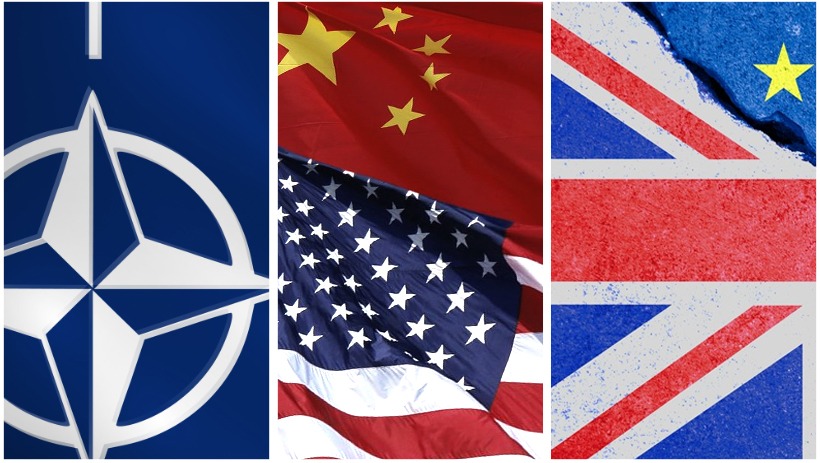NATO summit: the main results and difficulties
On July 11-12, 2018 the NATO summit was held in Brussels. On the agenda were key issues regarding how the military bloc functions, defense spending of member countries and the construction of “Nord Stream-2”.
Results:
• The leaders of the 29 NATO countries approved the creation of 30 battalions and 30 air squadrons which can be deployed within 30 days or less, all by the year 2020.
• The alliance decided to update the structure of their military management bodies, which will include over 1,200 personnel, and to create two new command structures to ensure rapid deployment of bloc forces in the Atlantic region (command in Norfolk, Virginia) and in Europe (Ulm, Germany)
• NATO will establish units for cyber-defense and combating hybrid threats.
• NATO will formulate a non-combat mission in Iraq, led by Canada. The country will send military instructors (250 in total) to lead a new mission from Autumn 2018 to Autumn 2019. The goal is to create an effective national security system in Iraq and train new personnel.
• National plans were crafted to increase the military expenditures of alliance countries by $ 266 billion by 2024.
• Macedonia was officially invited to join NATO
Brexit crisis: from resignation of Davis and Johnson to Trump’s visit to the UK
This week started with the crisis in the UK’s Brexit negotiations. Long discussions with EU member nations about future collaboration between the EU and UK didn’t yield any positive result. Those who are pro-Brexit criticized May for her soft position and say that May betrayed the people of Britain (who mostly voted in favor of Brexit), she was also criticized by the globalist lobby, which is completely opposed to Britain leaving the EU. The resignations of Davis and Johnson severely weakened.
May’s position, and Brexit negotiations in general. The press is already discussing May’s possible resignation, and have named Johnson as a possible candidate for prime-minister. Trump’s entourage (such as former White House Chief Strategist Steve Bannon) endorsed Johnson’s candidature. It’s worth noting that Trump, who had a meeting with May after the NATO summit, is pro-Brexit and wants to create a UK/US trade axis, which will be separate from the EU and built on sovereign principles– yet for the time being, his discussions with May were unsuccessful in creating a unified strategy of collaboration between the two countries.
China-US trade war
After placing tariffs on Chinese goods for a total of $36bn dollars and receiving similar sanctions in turn from China, the US this week developed a new sanctions packet against its rival. The US is imposing an addition 10 percent tariff, equal to $34bn. This symbolizes the beginning of a real trade war between China and the US, although the origins of conflict can already be found in the pre-election period. If Trump is successful in future negotiations with China and manages to navigate the conflict before the elections, it will certainly give him a bonus at the polls.

















Leave a Reply